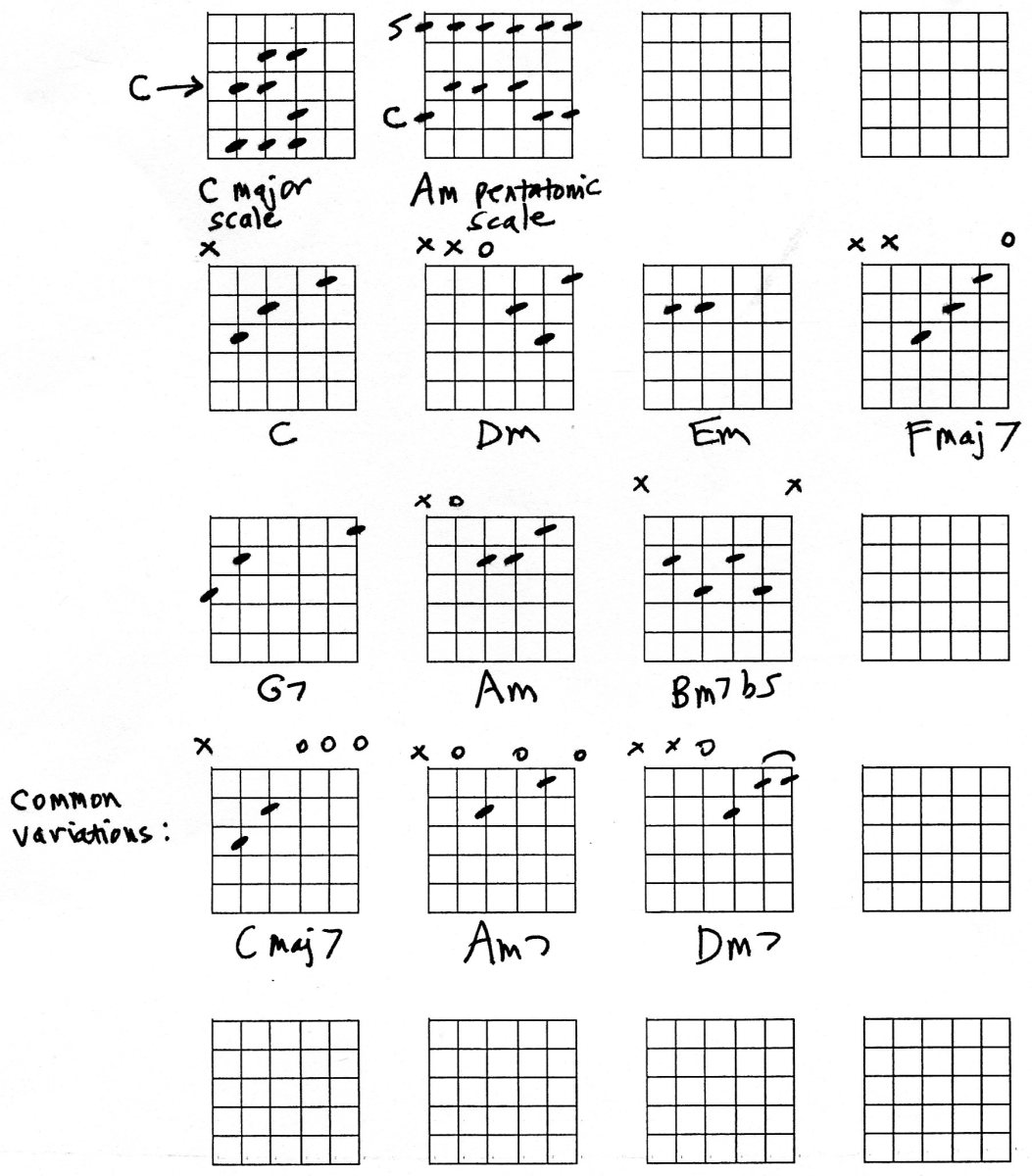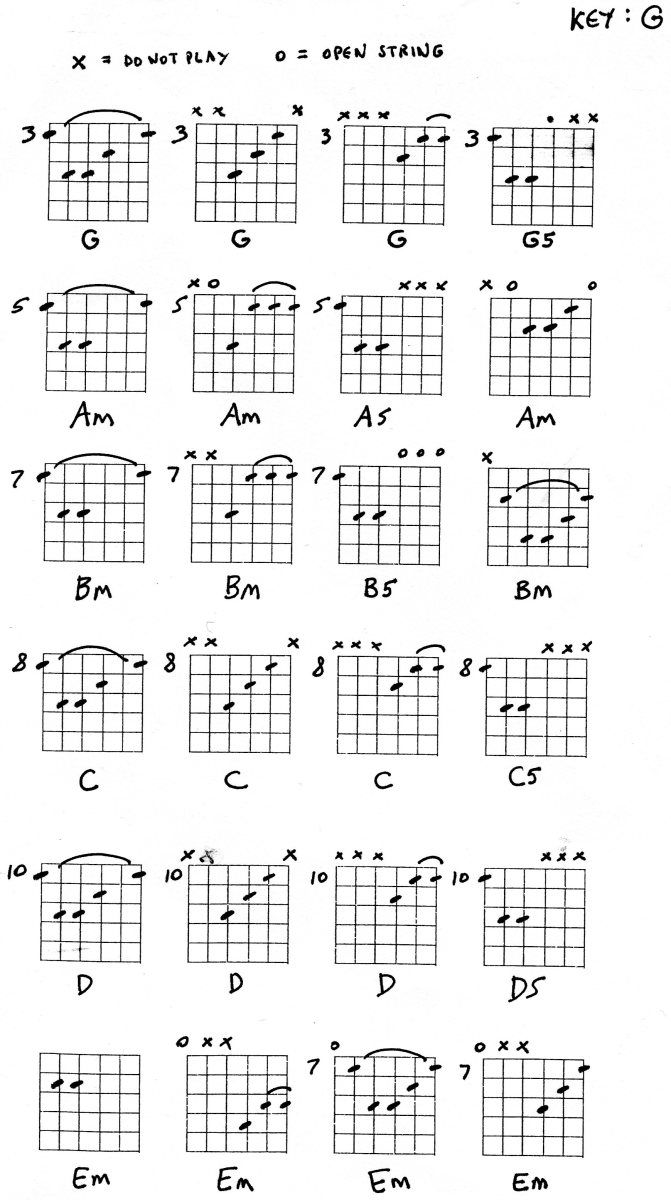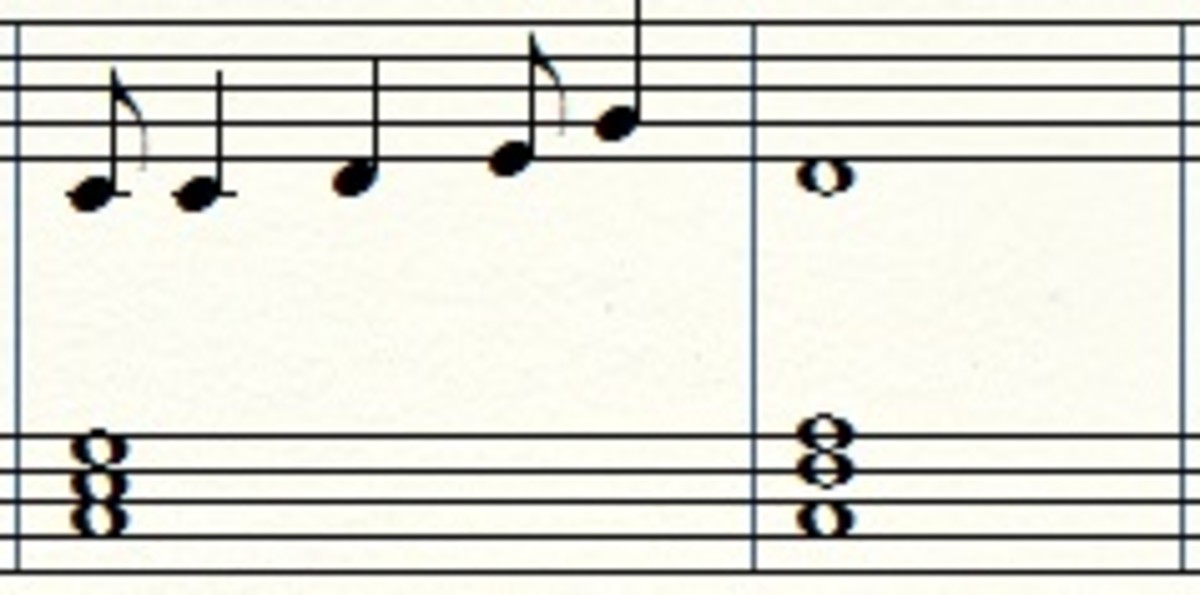Why learn music theory?
What is music theory?
It is essentially a suite of naming conventions and explanations that helps us to make sense of what is happening in a piece of music. Much like algebra, music theory provides a generic language with which to identify and describe chords, chord sequences, melodies and scales.
Is music theory essential?
It is certainly possible to become a very proficient musician without music theory. There are, however, good reasons for embracing it. Take the following chord progressions:
Dm7 G7 Cmaj7
Cm7 F7 Bbmaj7
Though these two chord progressions appear to be different, they are essentially the same thing. They are both 'ii V I' chord progressions. The only difference is that they are in different keys:
ii7 V7 Imaj7 in the key of C
ii7 V7 Imaj7 in the key of Bb
It's certainly possible that a musician who's not trained in theory could spot the commonality of these progressions. This could be done though experience, spotting patterns on the piano or guitar, or in a vaguer intuitive way. There is nothing wrong with this, but with just a moderate amount of time invested in learning about music theory, the musician could learn to identify a ii-V-I chord progression at a glance.
Making further use of music theory
So we have identified a ii-V-I chord progression. Is that as far as music theory can take us? Not at all. Let's say the musician needs to improvise or compose a musical phrase over one or both of these chord progressions. What notes do they use? A musician that has absolutely no understanding of theory would have to rely on trial and error and/or their intuition.
A musician that does have an understanding of music theory, however, could choose from several different approaches before they even play a note. This could be:
- Playing the 7-note scale that is common to the ii-V-I chord progressions.
- Playing the arpeggios of each of the chords.
- Playing the guide tones of each of the chords.
- Using chromatic approach notes in conjunction with any of the above approaches.
- Substituting alternative scales over each chord to produce different effects, such as the altered scale over the V7 chord.
All of these are valid approaches to negotiating a ii-V-I chord progressions, and music theory presents us with clear explicit formulas to choose from.
Is music theory for everyone?
Music theory is a little like mathematics. Not everyone is partial to mathematics but a basic mathematical ability brings significant benefits to how a person operates in the world. Similarly, even just a basic understanding of theory will bring a degree of sense and meaning to what might otherwise be an anonymous series of chords or notes.
Resources
There are many approaches to learning music theory. A one-to-one tutor, academic books, online video lesson, software, apps, etc. The most important parts of learning about theory is to always make practical use of what you learn along the way.
Rather than pushing ahead for weeks doing nothing but reading theory books, it is far better to learn a little music theory and then apply it to your instrument. The point of learning theory at all is to help our musicianship. Keep things practical and always listen to the sounds that are produced by each new chapter of your learning. Find real life examples of what you learn about. Try to reproduce these examples of your instrument.
Conclusion
Music theory does not appeal to everyone. You can always find exceptional examples of musicians that managed to achieve greatness with little technical understanding of music. For most though, understanding the theory behind music, even on a basic level, will help them. The reality is that great musicians with no theory knowledge are few and far between. They are exceptions rather than the norm.
Embracing music theory will open new doors to you as a musician. It will bring clarity and a feeling of security to your improvising and composing. You will lose nothing and gain a great deal.
Links
- Music theory - Wikipedia, the free encyclopedia
Wikipedia entry on music theory in classical and popular music. - ABRSM exam board - Music theory publications
ABRSM exam board - Music theory books, exams, past papers, model answers. - Chords in Keys
A music theory app for learning chord/scale relationships.








